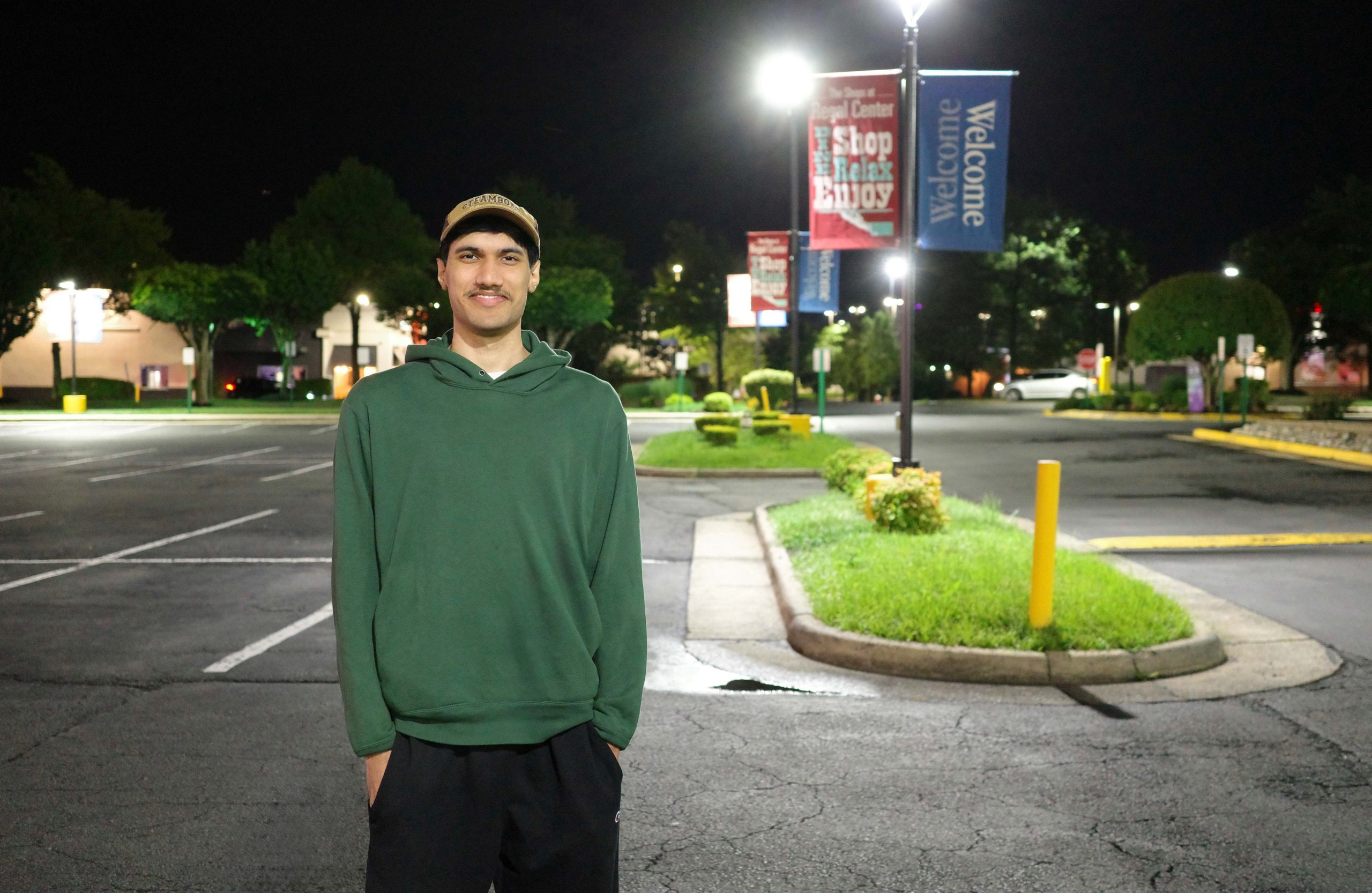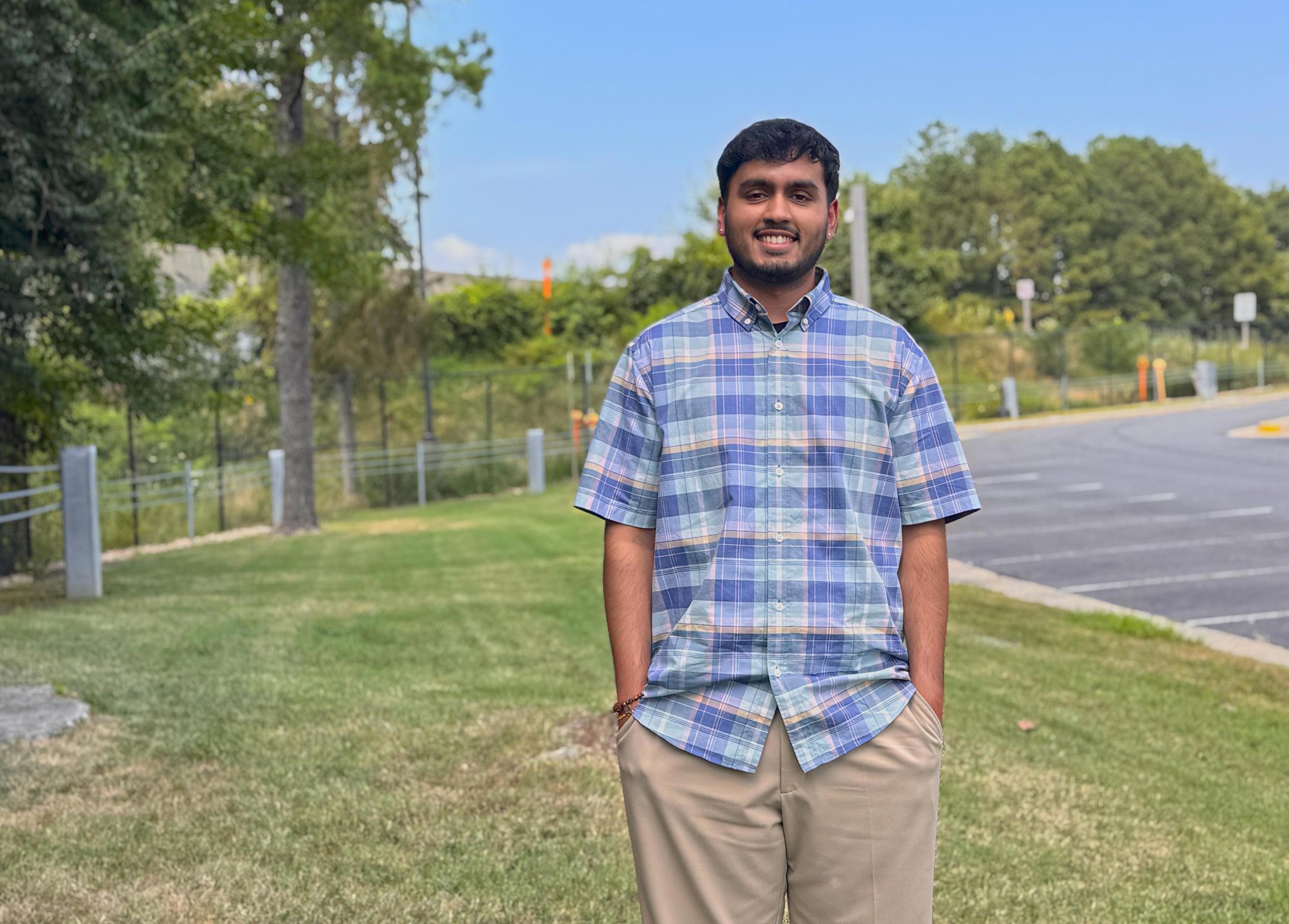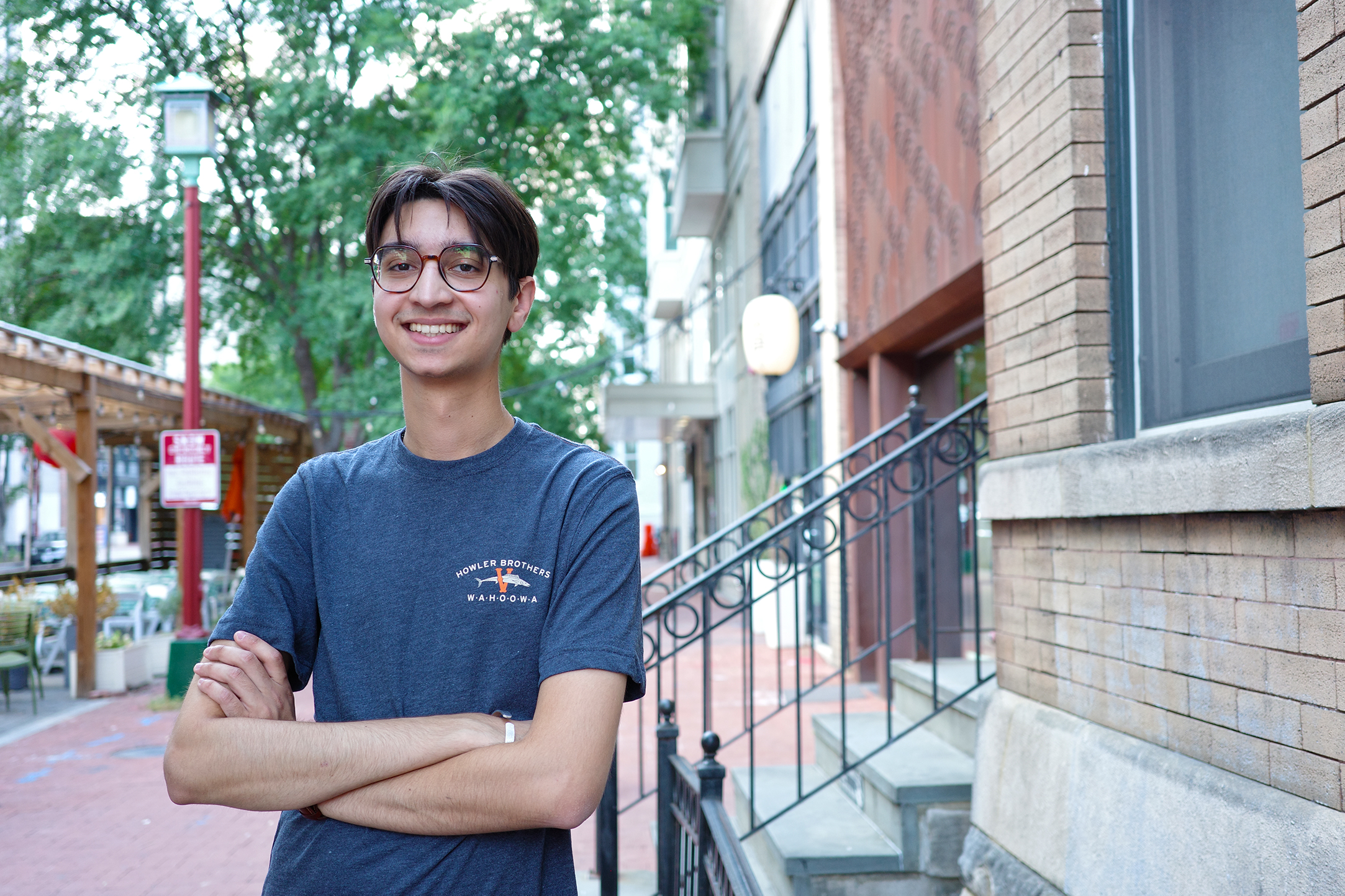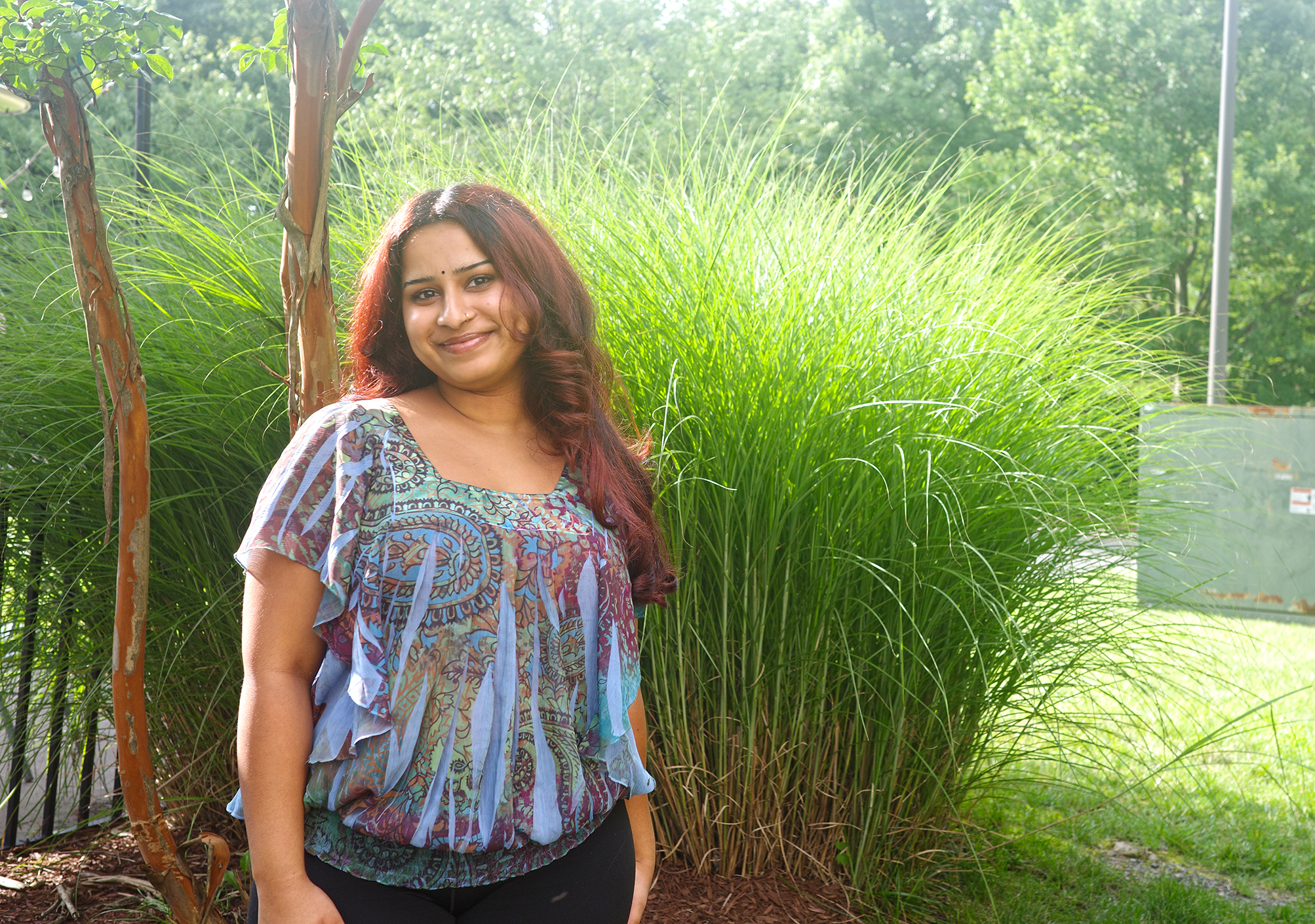I feel fortunate to have grown up in a diverse suburb of Virginia with a fairly large Indian and Indian American population. I was able to stay connected to my culture through community potlucks, where families brought dishes from different regions of India, through religious events where we supported one another, and through community spaces where we all formed strong friendships. In both my neighborhood and my school, the sizable South Asian presence made it easy to relate to others through shared experiences and values.
Growing up, these interactions within my community made me feel comfortable and welcomed in America, despite the distinct differences in American and Indian culture. So, my identity of being Indian American never became a source of alienation to my Indian roots nor to being engaged with American life.
The friendships I have made throughout my life stem from the strong foundations of the community I grew up in. From childhood to now, some of my closest friends are of Muslim faith and exchanging cultural ideas has made me more thoughtful about both my faith and theirs. For example, during Ramadan, my friends would tell me about their experiences fasting while keeping up with school and sports. Hearing their experiences gave me a deeper sense of empathy and helped me understand how to support members of other backgrounds and beliefs through cultural appreciation and understanding.
When I was younger, stereotypes about other faiths and backgrounds shaped my thinking without me even realizing it. I wholeheartedly believe that by exposing yourself to different religious backgrounds helps break down those assumptions and broadens perspective by challenging the notions we may have inherited or absorbed. It is important not only to question our own ideas but also to challenge others when you see demeaning or insulting behavior. When I hear insensitive or dismissive jokes about someone’s religion, I make it a point to speak up. Even small comments carry weight and it starts with us to create change by confronting ignorance. By standing up for your peers, the strength of the community grows as well.
One of my biggest worries about the future of the Indian-American community is the possibility of people drifting from their roots and losing the values, traditions, and cultural richness that drives the meaningfulness of being Indian. At the same time, I have concerns about holding onto these roots so tightly that it leads to exclusion and refusal to grow as individuals and as a community. Holding a delicate balance between honoring where you come from and being open to new perspectives is a scale that is all too easy to tip over. I worry that if we lose that balance, both India and the Indian American community could become more divided and less inclusive.
In an ideal India and Indian-American diaspora, it would be a place of acceptance where everyone is encouraged to interact with people of different faiths without hesitation or judgement. A place where diversity is not only present, but embraced in daily life. And an environment that promotes real understanding and finds space for common ground, even with differences in our identities. I believe it is important to recognize the differences we have and it is even more important to acknowledge what we share in common with one another.
My hope for the future is building spaces where youth feel empowered to lead and not just participate. It can include civic mentorships, to creative platforms like podcasts or art collectives, or even open spaces to hold dialogue about issues of caste, colorism, and inequality. My hope for the diaspora is to add to existing ideas of community and belonging and form new ideas through participatory civic engagement.
I’m not really well-versed in Indian politics, but I hope that people like me and others in the diaspora can help bring more awareness to how political decisions in India affect everyday people whether it’s around religion, free speech, or minority rights. A key part of interacting with my identity as an Indian American comes with the commitment to being more informed and thoughtful about the social and political issues shaping India today.




